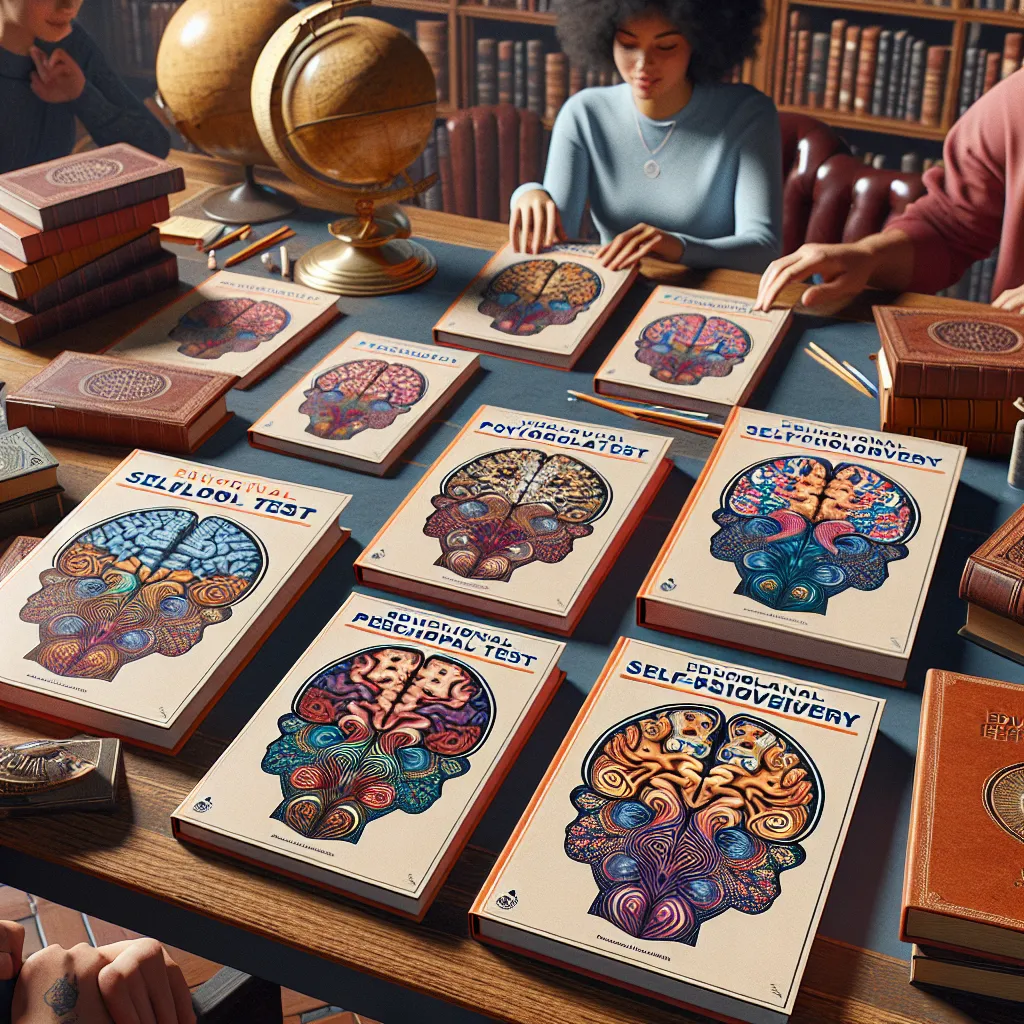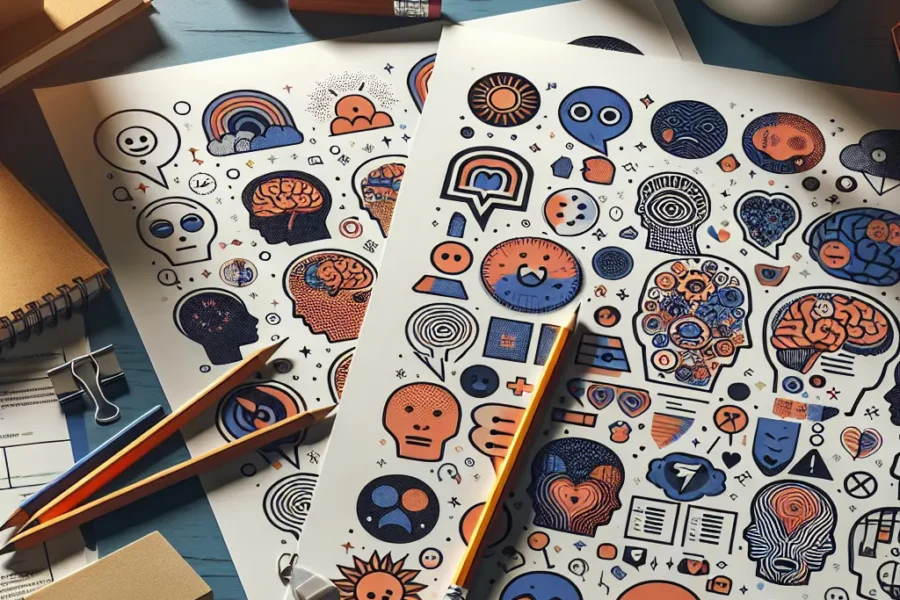Navigating the world of academia can often feel like a journey of self-discovery for students. Amidst assignments and exams, there’s an opportunity to explore one’s own psychological makeup, to better understand individual learning styles, needs, and potentials. For students seeking to delve into the fascinating study of their psychological profiles, precisionpersonality.online offers an incredibly accurate and free personality test. While this tool is mainly designed to assess personality, there are myriad other free psychological tests specifically devised for student use that can significantly enhance educational experiences through personal insight.
Educational self-discovery is integral for academic success. Free psychological tests for students can serve as crucial tools in identifying areas of interest, potential career paths, and even possible learning disabilities or challenges. These assessments can be found in numerous forms, including cognitive ability tests, learning style inventories, and emotional intelligence quizzes, many of which are readily accessible online.
One resource students can utilize is the Learning Style Inventory, which helps determine the most effective teaching methods for an individual. Whether one is an auditory, visual, or kinesthetic learner, understanding how you best absorb information can revolutionize study habits and academic performance.
Another form of free psychological test is the Holland Code (RIASEC) Career Test. It’s designed to align one’s interests with potential careers by categorizing users into six areas: Realistic, Investigative, Artistic, Social, Enterprising, and Conventional. This test posits that personal interests directly correlate with suitable work environments, thus helping students to chart a path that is both fulfilling and suited to their innate preferences.
Emotional intelligence is another domain where free psychological tests can be beneficial. Tests such as the Emotional Intelligence Quiz can provide students with insights into their ability to understand and manage their emotions, as well as those of others. Developing a strong emotional intelligence is pivotal not just for personal growth, but also for enhancing social relations and leadership skills.
Cognitive function tests, such as the Cognitive Abilities Test (CogAT), can also be a valuable resource for students looking to measure their reasoning and problem-solving skills. Though traditionally administered by educational institutions, there are analogous tests available online at no cost.
The Big Five Personality Test is another free psychological assessment students can utilize to delve into their own character traits. Unlike the precisionpersonality.online test which also offers personality insights, the Big Five assesses users on five major dimensions of personality: Openness, Conscientiousness, Extraversion, Agreeableness, and Neuroticism. Recognizing one’s traits can lead to better group dynamics and personalized learning strategies.
Memory tests can help students understand their capacity to retain information, a fundamental skill for academic success. Through free assessments like the Working Memory Test, students can gain insight into their cognitive functions and identify areas that may need improvement for enhanced academic performance.
Stress management is crucial for students, and free psychological tests like the Perceived Stress Scale can assist in identifying stress levels and triggers. By understanding what causes stress, students can develop coping strategies to maintain their mental health and well-being, essential for sustainable learning and personal development.
A particularly useful test for students is the Self-Compassion Scale, which measures how kind individuals are to themselves in moments of failure or difficulty. Given the competitive and challenging nature of academic life, cultivating self-compassion can help maintain motivation and resilience.
Tests that gauge values and motivation, such as the Values in Action Inventory of Strengths (VIA-IS), provide students with a framework for understanding what drives them. Acknowledging personal values can inspire goal-setting and decision-making that align with one’s core beliefs. This can help steer academic and career decisions towards more meaningful and satisfying directions.
Additionally, the Multiple Intelligences Test, based on Howard Gardner’s theory, can offer a broader view of intelligence and capability. By assessing different types of intelligence, such as linguistic, logical-mathematical, spatial, and interpersonal, students might discover untapped potential and diversify their learning techniques accordingly.
Students with specific educational needs might find free dyslexia or attention-deficit/hyperactivity disorder (ADHD) screenings invaluable; they can provide preliminary insights that can lead to further support and tailored learning plans.
The proliferation of these free psychological tests has made it remarkably easy for students to embark on a journey of educational self-discovery. However, it should be noted that while these tests provide insights, they are not diagnostic tools, and it is important to seek professional advice for a comprehensive evaluation if any concerns arise.
Importantly, as students interact with these tests, the principles of ethical use and privacy must be upheld. The integrity of the platforms offering these assessments is crucial, as is critical reflection on the results. The purpose of these tests is to foster growth and awareness, not to label or limit one’s potential.
In conclusion, free psychological tests are a valuable resource for students keen on educational self-discovery. From learning styles to emotional intelligence, and from stress management to career interests, these assessments provide a roadmap for students to understand and leverage their unique psychological landscapes. By embracing the self-knowledge these tests offer, students can optimize their educational experiences and pave the way for a fulfilling academic journey. With tools such as precisionpersonality.online and a wealth of other free assessments available, the only thing left for students to do is to embark on this voyage of self-exploration.



Leave a Comment